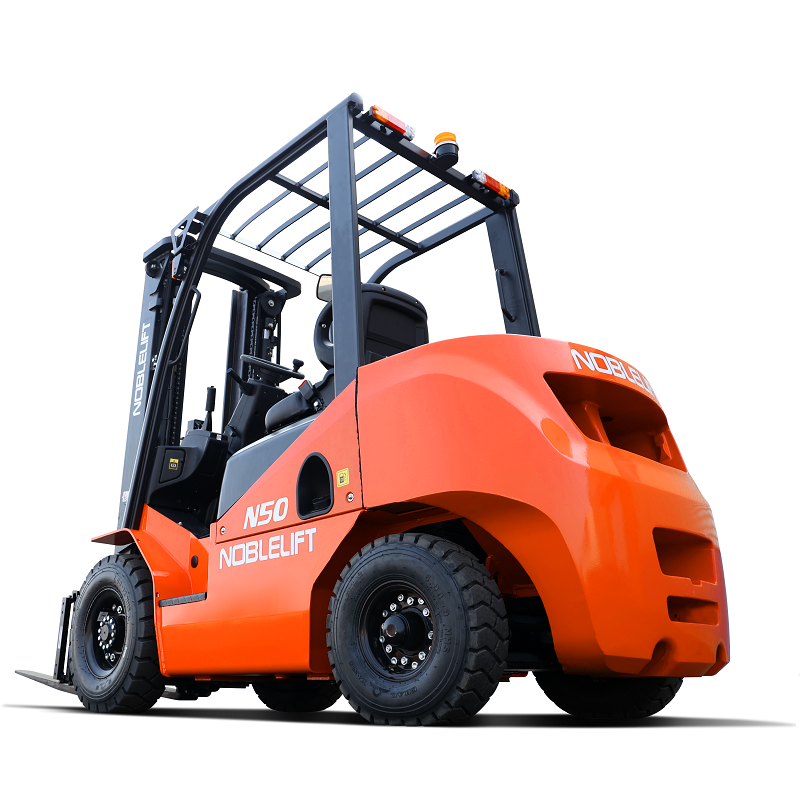Optimizing Forklift Truck Management for Enhanced Efficiency Forklift trucks are indispensable assets in warehouses, manufacturing plants, and construction sites. Effective management of these machines is crucial for ensuring safety, reducing costs, and boosting productivity. This article delves into the best practices and technologies for optimizing forklift truck management.
The Importance of Forklift Truck Management Effective forklift truck management involves gathering, analyzing, and leveraging relevant data to reduce expenses while improving productivity for both operators and vehicles. Access to comprehensive information brings new insights into fleet operations and helps answer critical questions, such as:  ForkLift Trucks.com | China Manufacturer Trade price on Materials Handling Fork-lifts Truck, Stackers, Industrial vehicles, Scrubbers, Transporters Sale Buy Online Industrial Equipment in USA/UK/India/Australia/canada How much is being spent on the fleet annually? Are the costs evenly distributed, or are some forklifts incurring disproportionately high expenses? Is the fleet correctly sized to provide sufficient capacity without excessive idle time? Are all operators and trucks hitting key performance indicators (KPIs)? Technologies for Forklift Fleet Management Smart technologies can have far-reaching benefits beyond the specific workflows in which forklifts or other managed assets are used. Here are some key technologies that can enhance forklift fleet management:
ForkLift Trucks.com | China Manufacturer Trade price on Materials Handling Fork-lifts Truck, Stackers, Industrial vehicles, Scrubbers, Transporters Sale Buy Online Industrial Equipment in USA/UK/India/Australia/canada How much is being spent on the fleet annually? Are the costs evenly distributed, or are some forklifts incurring disproportionately high expenses? Is the fleet correctly sized to provide sufficient capacity without excessive idle time? Are all operators and trucks hitting key performance indicators (KPIs)? Technologies for Forklift Fleet Management Smart technologies can have far-reaching benefits beyond the specific workflows in which forklifts or other managed assets are used. Here are some key technologies that can enhance forklift fleet management:
Online Reporting Consoles: These provide management with an up-to-date, objective view of fleet costs. Vehicle replacements can be based on real-world servicing costs, ensuring consistent and thorough maintenance. Vehicle-Mounted Management Systems: These systems collect information directly from each forklift, regulate access through PINs or other identifiers, and transmit data to a central management system. Real-Time Data Collection: This involves using forklift key tracking or vehicle-mounted systems to collect and analyze data in real-time, aiding in decisions around fleet sizing and resource allocation. Best Practices for Modern Forklift Fleet Management Implementing best practices in forklift fleet management can lead to significant cost savings and productivity improvements. Here are some recommended practices:
Regular Inspections and Maintenance: Conducting routine inspections and maintenance ensures that forklifts are in optimal working condition, reducing the risk of breakdowns and accidents. Training Operators: Proper training for forklift operators is essential for safe and efficient operation. This includes training on safety procedures, proper handling techniques, and compliance with regulatory standards. Data-Driven Decision Making: Leveraging data collected from smart technologies can help in making informed decisions about fleet management. This includes identifying underperforming vehicles and operators, optimizing fleet size, and scheduling preventive maintenance. Centralized Management: Centralizing the management of forklift fleets allows for better tracking of costs, maintenance schedules, and operator performance. This can lead to more efficient resource allocation and reduced unexpected charges. Benefits of Smart Forklift Fleet Management Adopting smart forklift fleet management systems can provide numerous benefits to organizations, including:
